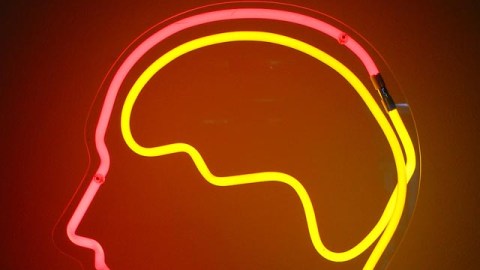The Brain-Mind Is Not a Computer

In the natural sciences and in Anglo-American analytical philosophy, I think we will see a further weakening of the computational theory of mind and its myriad metaphors, which have treated the mind as a machine with software, hardware, etc.
The brain-mind is not a computer, and regarding it as one has led to a variety of theoretical dead ends. The computer model will be replaced by an organic model, in which the brain-mind is embodied—part of a whole, dynamic, living organism; one driven by emotional forces, not only cognitive ones. If this model becomes more widely accepted, we will see an emphasis, not only on discovering the secret of consciousness, but on understanding more about unconsciousness.
I do not think that it is a utopian fantasy to predict that in the years ahead we will also see more conversation between the sciences and the humanities. Many scholars working in the humanities have already shown interest in brain research. For years, contemporary theory in the humanities has left the body and biology out of their discussions. I think the body is coming back. Similarly, I have met with neuroscientists who have expressed strong interest in continental philosophy (especially phenomenology), but also in narrative theory and in psychoanalysis. If those of us who care deeply about ideas continue to read across disciplines, rather than remain in an isolated field with its own esoteric language that cannot be shared with others, we will find a host of new thoughts (and no doubt some old ones) that will make the coming years an adventure. Creativity has always depended on openness and flexibility; so let us hope for more of both in the future.
— Siri Hustvedt, author
Image courtesy of Flickr user Dierk Schaefer





